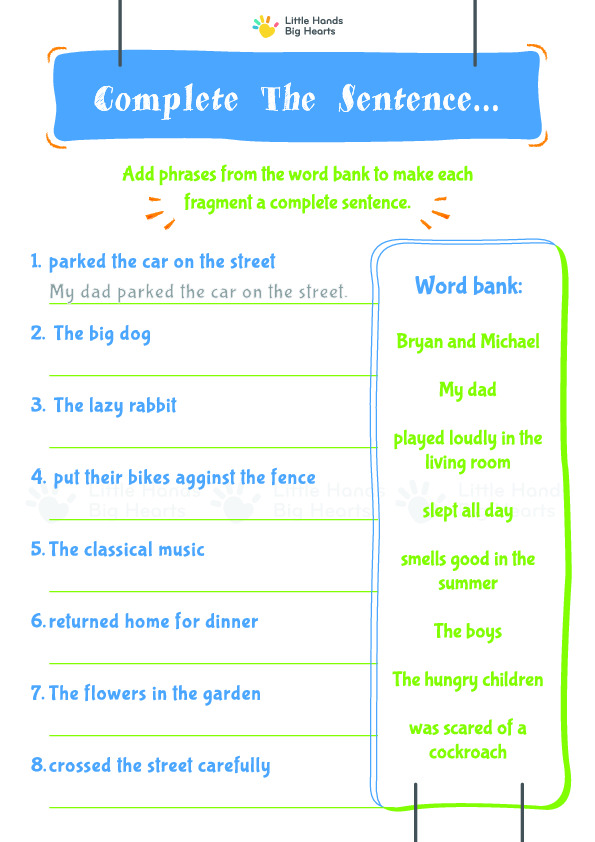
the significance of building strong foundations cannot be overstated. At the heart of this foundational development lies the partnership between parents and the wealth of free education resources available. This article delves into the crucial role of family involvement in a child’s development, emphasizing the importance of leveraging accessible educational tools.
The Cornerstone of Holistic Child Development
Holistic child development encompasses a comprehensive approach that nurtures a child’s physical, emotional, social, and cognitive well-being. At its core, this philosophy recognizes the profound impact of family engagement on a child’s growth. Parents are not merely spectators in their children’s lives but active participants, shaping and influencing their developmental journey.
Family Involvement: A Catalyst for Success
Research consistently supports the idea that children thrive when their families are actively engaged in their learning experiences. From the earliest stages of life, a child’s primary caregivers play a pivotal role in laying the groundwork for future success. This involvement fosters a sense of security, builds strong emotional bonds, and sets the stage for a positive attitude towards learning.
Free Education Resources: Empowering Parents
In the digital age, the internet has become a treasure trove of educational materials that can be accessed by parents at no cost. These resources not only facilitate the learning process but also empower parents to actively contribute to their child’s education. Let’s explore some practical, free education resources that can be seamlessly integrated into a child’s daily routine.
1. Online Educational Platforms:
- Platforms like Khan Academy, Coursera, and TED-Ed offer a wide array of educational content suitable for various age groups. Parents can explore interactive lessons, videos, and quizzes to supplement their child’s learning.
2. Free Printable Worksheets:
- Websites such as LHBH provide a plethora of Free printable worksheets covering subjects like math, English, and science. These worksheets offer a hands-on approach to learning and can be easily incorporated into home study sessions.
3. Educational Apps:
- Numerous apps cater to specific educational needs. ABCmouse and Duolingo, for example, offer engaging activities that make learning enjoyable for young minds.
4. Parenting Blogs and Forums:
- Joining online communities of parents and educational experts can provide valuable insights and tips. Websites like Parenting.com and BabyCenter host forums where parents can share experiences and learn from each other.
Tips for Effective Utilization
To maximize the benefits of these resources, parents can adopt some practical strategies:
1. Create a Learning Schedule:
- Establish a consistent daily or weekly learning schedule to create a sense of routine and predictability for the child.
2. Participate Actively:
- Engage in learning activities alongside your child. This not only reinforces the importance of education but also strengthens the parent-child bond.
3. Monitor Progress:
- Regularly assess your child’s progress and adjust the learning materials accordingly. This helps tailor the educational experience to their evolving needs and interests.
4. Encourage Curiosity:
- Foster a love for learning by encouraging questions and exploration. Use resources that spark curiosity and allow for hands-on learning experiences.






